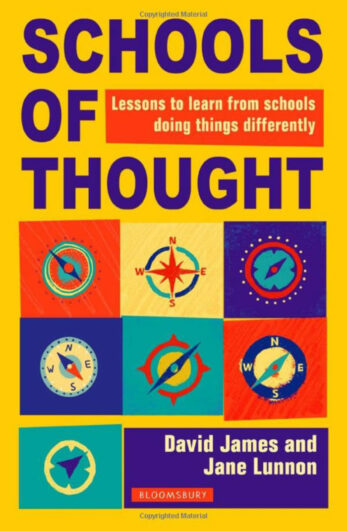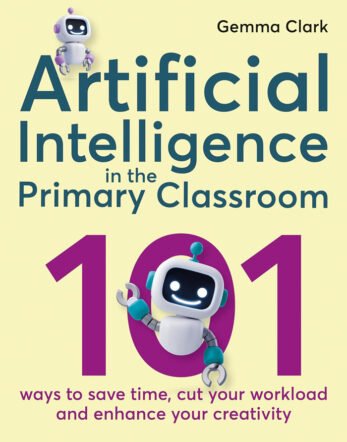Regardless of your opinions about the Conservative party – and indeed Sayeeda Warsi in her various government roles – The Enemy Within is an important book because she writes with a level of authority that cannot be refuted. From 2010 to 2012 she was co-chair of the Conservative party, and was a member of David Cameron’s cabinet before her resignation in 2014.
Referring to herself as “an outsider who became an insider”, Warsi allows the reader to get to know her as each chapter unfolds. And herein lies the book’s major strength: it is a personal account on every level, a narrative made up of experiential learning, eyewitness accounts, feelings, emotions, stories and happenings.
To illustrate, in “What Are British Values?’ Warsi concludes that: “If the notion of British values is revisionist in its view of history, if the teaching of British values does not acknowledge the real journey we took to get here, if it fails to balance our successes as a nation against our failures and if it isn’t honest and inclusive it will not act as the glue that binds our nation.”
This brutally honest conclusion backs my own research findings into the teaching of British values in primary schools.
The book delivers on its promise of being “uncompromising” and “delivering necessary truths”
Another example: in “The Paranoid State”, where Warsi recounts painful Machiavellian incidents about the failure of the Coalition government to engage meaningfully with Muslim communities, she states: “If we have decided to view ever-increasing numbers of Muslim organisations or individual Muslim activists with suspicion and to dangerously narrow engagement with British Muslims to a dozen or so people from a community of over 3 million people, then let’s at least have the decency to say that’s the approach we’ve taken. Let’s abide by our values and tell those who we are not engaging with the reasons they are ‘out in the cold’. Let them know the case against them and let them have the opportunity to defend themselves.”
Here the book delivers on its promise of being “uncompromising” and “delivering necessary truths”, making the first two parts a compelling read.
Overall, it is eminently readable. The evidence is overwhelming at times; it can be a distraction to see a note at the end of most paragraphs, but this is a necessary evil that represents the second major strength of the book: it speaks with authority.
There is a lot to gain from reading the book chronologically – although there is a temptation to leap in at part three, “Press The Restart Button”, because as educationists we want a route map to successful relationships with the hyper-diverse Muslim communities that are our neighbours, parents, governors and pupils.
But here, at the most critical juncture, the book loses momentum. I can appreciate why this might happen as the discourses are multi-layered and complex; they involve hearts and minds that have been massively bruised and damaged. But to ask the question (as Warsi does in the generically named chapter “The Muslims”) “Who does represent the British Muslims?” and respond with “We must let a thousand flowers bloom”, is indicative of a real lack of direction that is much needed by schools in the current era of safeguarding.
The Enemy Within allows us to gain an insight into the truth (according to Warsi) behind home affairs, education policy (in the shape of the British values agenda) and, indeed, foreign policy in relation to people who self-identify as Muslim.
And it’s an ugly truth.








Your thoughts